Case Law Details
Gaurav Kumar Goenka Vs DCIT (ITAT Chennai)
It is an admitted fact by the Assessee’s alleged credit card transaction had happened due to an inadvertent allotment of the PAN Number which he never used for filing the return of income but the same was reflected in his credit card expenses and the alleged transaction of Rs.30,75,430/- was treated by the Assessing Officer as unexplained expenses u/s.69C of the Income Tax Act, 1961. However, while deciding the appeal of the Assessee, the learned Commissioner of Income Tax (Appeals) allowed relief to the extent of Rs. Rs.26,66,240/- and the remaining amount of Rs.4,09,190/- was directed to be added as unexplained income of the Assessee. While passing the impugned order, the learned Commissioner of Income Tax (Appeals) did not allow the expenses of Rs.4,09,190/- as the Assessee was not able to prove that the amount was incurred for the business purposes and that the view of the learned Commissioner of Income Tax (Appeals) was that it was used for the personal benefits of the shareholders and directed that it is liable to be taxed u/s.2(22)(e) of the Income Tax Act, 1961.
While we look into the matter, it is an admitted fact that the assessment of the company, i.e. M/s. KGI Clothing Private Limited for the Assessment Year 2010 – 2011 was already done and that it was completed way back on 25.02.2011. Since the completion of the assessment was in the hands of the company, it is an admitted position that the alleged expenses incurred by the Assessee were business expenses of the company and therefore no personal benefit accrues to the Assessee as alleged by the authorities below. Hence, this Section 2(22)(e) of the Income Tax Act, 1961 cannot be invoked by alleging that the Assessee had benefitted.
As such, we allow the appeal of the Assessee and direct that the addition made by the learned Commissioner of Income Tax (Appeals) amounting to Rs.4,09,190/- be deleted.
FULL TEXT OF THE ORDER OF ITAT CHENNAI
This appeal by the Assessee is arising out of the order of the Commissioner of Income Tax (Appeals) – 8, vide order No.ITA No.92/17-18; dated 18.07.2018. The assessment was framed by the Deputy Commissioner of Income Tax, Corporate Circle – 4(2). Chennai for the Assessment Year 2010 – 2011 u/s.143(3) r.w.s.147 of the Income Tax Act, 1961 (hereinafter “the Act”), vide order dated 29.12.2017.
2. The Assessee has raised the following Grounds of appeal that are as under:
[1] The CIT’s contention in considering the credit card expenses to the extent of Rs.4,09,190 as deemed dividend u/s.2(22)(e) is illegal and invalid.
[2] The Appellant, Mr. Gaurav Kumar Goenka had been regularly filing his return of income under PAN AHRPK 3539J. He is a Director in M/s. KGI Clothing Private Limited and a key managerial personnel in partnership firm with M/s. Gogo Garments. The Appellant was inadvertently allotted another PAN No.ACWPG 1490L which was however neverf used by him and also surrendered online, the inadvertently allotted PAN years back. During the Assessment Year 2010 – 2011, the Appellant had incurred credit card expenses relating to the businesses of the above stated two entities to the tune of Rs.30,75,430/- with the Corporate Credit Card provided by the said entities. The Appellant had however mistakenly quoted the PAN which was inadvertently allotted, for the said Corporate Credit Card. The Appellant had never used the said PAN for any other purpose nor filed any return under the same. Accordingly, the case was selected under the Non-Filer Category under the duplicate PAN and later notice u/s.147 was served under the original PAN.
[3] The DCIT, vide its order dated 29.12.20 17 made an addition to the income sighting the expenses to be “unexplained expenses” under Section 69C of the Act, which is illegal and void since the fact of incurring the expenditure through Corporate Credit Card and for the purpose of business of the Assessee was properly disclosed to the DCIT. The CIT however taking cognizance of the fact of such disclosure being made to the DCIT, made no reference to the Section 69C at any point during the course of the proceedings. In fact, the CIT had validly agreed vide its order that the expenses were incurred through Corporate Credit Card and duly accounted by the company in which he is a Director / KMP.
[4] The Appellant on the above grounds and such other grounds that may be adduced at the time of hearing, the Hon’ble ITAT be pleased to cancel the order of the Hon’ble Commissioner of Income Tax (Appeals)-8 and justice done to the Appellant.
3. Brief facts of the case are that the Assessee had filed his return of income electronically for the Assessment Year in question on 31.01.2011 admitting a total income of Rs.55,20,260/-. Subsequently, the case of the Assessee was selected under the category ‘Non-Filer’ and as per the information available with the Department for the Assessment Year 2010 – 2011, the Assessee has made credit card expenses to the tune of Rs.30,75,430/- and the case of the Assessee was reopened u/s.147 of the Income Tax Act, 1961 after getting prior approval from the Principal Commissioner of Income Tax – 9, Chennai. Soon after it, a notice u/s.148 of the Act was issued upon the Assessee calling for certain details and in response to the notice; the Assessee had submitted details that were sought for by the jurisdictional Assessing Officer. On verification of the detailed submissions made by the Assessee, the Assessing Officer found that the Assessee was having two Permanent Account Number [PAN] out of which one PAN No. AHRPK 3539J was used for filing the return of income and the other PAN No. ACWPG 1490L was utilized for the credit card. In response to the query made by the Assessing Officer, the Assessee stated that it had happened due to an inadvertent error and that he obtained the credit card by using the PAN No.ACWPG 1490L and that he has surrendered the PAN Number online many years ago and that he was continuously following it up for deactivation of the PAN Number [being PAN No.ACWPG 1490L]. The contention of the Assessee was not accepted by the Assessing Officer and the credit card expenses to the tune of Rs.30,75,430/- was treated as unexplained expenses u/s.69C of the Income Tax Act, 1961 and added to the returned income of the Assessee. Aggrieved by the above said order of the Assessing Officer, the Assessee preferred an appeal before the learned Commissioner of Income Tax (Appeals).
However, while deciding the appeal of the Assessee, the learned Commissioner of Income Tax (Appeals) partly allowed the appeal of the Assessee and granted relief to the extent of Rs.26,66,240/- and the remaining amount of Rs.4,09,190/- was added to the income of the Assessee by observing in paragraph No.6, as under:
“6. The submissions of the Assessee are considered. The Assessee is not in a position to submit the vouchers for cash expenses incurred of Rs.4,09,190/- on 18.01.2010 at M/s. Park Hyatt at Goa. The Assessee merely claims that the expenditures are incurred through the corporate credit card issued to the Assessee by M/s. KGI Clothing Company Private Limited. However, it is noted that the Assessee has not discharged the onus for explaining the amount. The Assessee has not been able to prove that the amount was incurred for business purposes and not for the personal purposes of the Assessee Director family. In view of the same, it is held that this amount of Rs.4,09,190/- is liable for taxation u/s.2(22)(e) of the Income Tax Act, 1961 being monies expended out of accumulated profits of M/s. KGI Clothing Company Private Limited for personal benefit of its shareholder and Director. This amount of Rs.4,09,190/- is held as enhancement of income made in the hands of the Assessee. Penalty proceedings u/s.271(1)(c) of the Act are also initiated for concealing particulars of income. The Assessing Officer is directed to add this amount of Rs.4,09,190/- to the income returned by the Assessee. Assessee gets relief to the extent of Rs.26,66,240/-“
4. Before us, at the time of hearing the learned Authorized Representative raised almost four grounds of However, Ground No.1 does go into the roots of the case and therefore we decide this issue first.
5. The contention of the learned Authorized Representative before the Bench is that Section 2(22)(e) of the Income Tax Act, 1961 can only be invoked during the assessment of the company which is alleged to have made any payment benefiting the shareholders and that it cannot be invoked during the assessment of any shareholder who has allegedly to have been benefitted with such a payment. He further submitted that the assessment of the company, e., M/s. KGI Clothing Company Private Limited for the Assessment Year 2010 – 2011 was already been done and an intimation u/s.143(3) of the Act was issued vide order dated 25.02.2011. As the completion of the assessment was done in the hands of the company, the Assessing Officer has asserted that the said expenses were in the nature of business expenses of the company and therefore the view of the Assessing Officer that it would be a personal accrual benefit to the Assessee cannot be sustained. Therefore, the addition invoked u/s.2(22)(e) of the Income Tax Act, 1961 cannot be sustained. Moreover, the Assessee has been filing his return of income regularly and is paying the taxes as applicable under the provisions of the Income Tax Act, 1961. Besides that, the learned Authorized Representative of the Assessee submitted that since the Assessee has already surrendered the PAN Number which was inadvertently allotted to the Assessee through an online application quite some years back and that he has also continuously made efforts for the systematic deactivation of the same, as such the Assessee has no malafide intention as alleged by the Assessing Officer. Considering the contentions of the Assessee as stated before us, the impugned order may be set aside.
6. On the other hand, the learned Departmental Representative relied on the orders of the lower authorities and he vehemently argued in support of the order passed by the authorities below.
7. We, after hearing the rival submissions of both the parties and after going through the materials available on record, we find that it is an admitted fact by the Assessee’s alleged credit card transaction had happened due to an inadvertent allotment of the PAN Number which he never used for filing the return of income but the same was reflected in his credit card expenses and the alleged transaction of Rs.30,75,430/- was treated by the Assessing Officer as unexplained expenses u/s.69C of the Income Tax Act, 1961. However, while deciding the appeal of the Assessee, the learned Commissioner of Income Tax (Appeals) allowed relief to the extent of Rs. Rs.26,66,240/- and the remaining amount of Rs.4,09,190/- was directed to be added as unexplained income of the Assessee. While passing the impugned order, the learned Commissioner of Income Tax (Appeals) did not allow the expenses of Rs.4,09,190/- as the Assessee was not able to prove that the amount was incurred for the business purposes and that the view of the learned Commissioner of Income Tax (Appeals) was that it was used for the personal benefits of the shareholders and directed that it is liable to be taxed u/s.2(22)(e) of the Income Tax Act, 1961.
8. While we look into the matter, it is an admitted fact that the assessment of the company, i.e. M/s. KGI Clothing Private Limited for the Assessment Year 2010 – 2011 was already done and that it was completed way back on 25.02.2011. Since the completion of the assessment was in the hands of the company, it is an admitted position that the alleged expenses incurred by the Assessee were business expenses of the company and therefore no personal benefit accrues to the Assessee as alleged by the authorities below. Hence, this Section 2(22)(e) of the Income Tax Act, 1961 cannot be invoked by alleging that the Assessee had benefitted.
As such, we allow the appeal of the Assessee and direct that the addition made by the learned Commissioner of Income Tax (Appeals) amounting to Rs.4,09,190/- be deleted. Thus, this ground raised by the Assessee is allowed.
The remaining Ground Nos.2 & 3 raised by the Assessee are consequential in nature and Ground No.4 is general in nature and therefore the same need not be adjudicated.
9. In the result, the appeal of the Assessee in I.T.A No.:2791/CHNY/2018 is allowed.
Order pronounced in the court on 18th August, 2022 at Chennai.




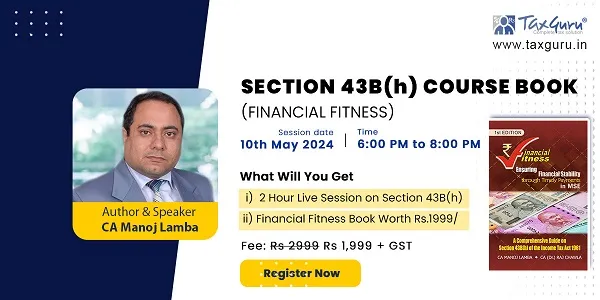



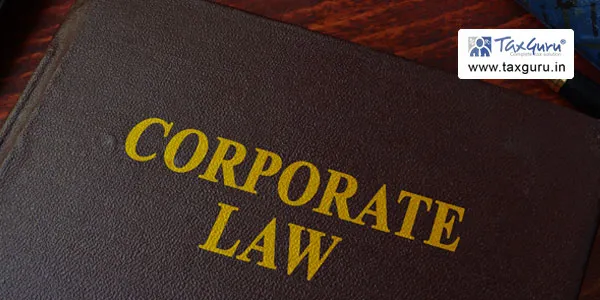



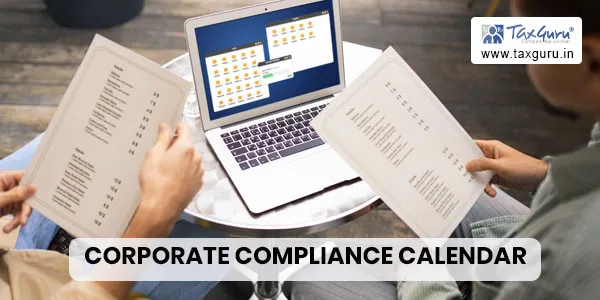

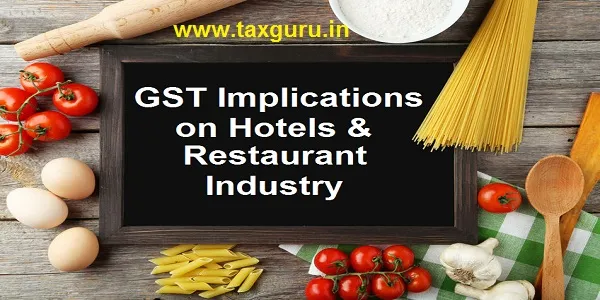



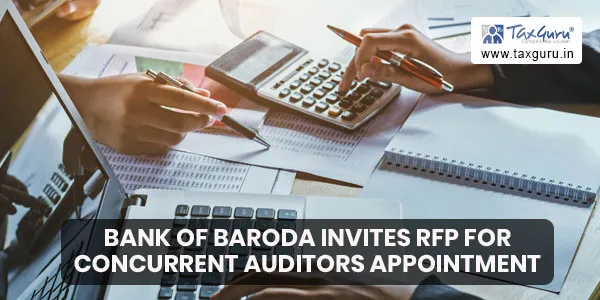
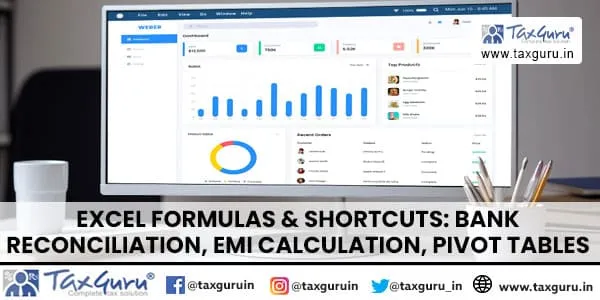
thanks for sharing